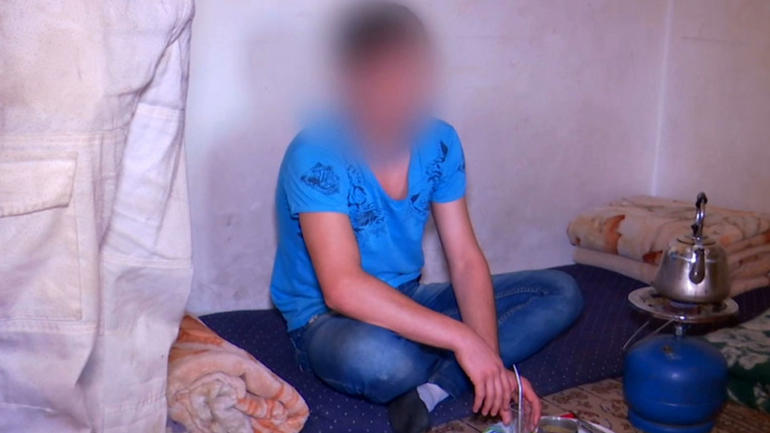Illegal immigration and human trafficking resulted in raids in 11 Latin American countries late last year.
It’s become an alarming problem in one country in particular.
CGTN’s Joel Richards reports.
Over the past decade, the number of immigrants living in Chile has increased threefold. People have arrived in large numbers from Haiti, Venezuela, and Colombia but also other countries, too. While most come in legally, according to authorities, Chile is seeing a rise in illegal immigration and people smuggling.
This recent police raid in Santiago found illegal immigrants from Syria. They were forced to work six months to pay for their air tickets to Chile. Cases like this cross the line between illegal immigration and human trafficking.
“A person who enters a country, who has been smuggled, stays in the country in a very vulnerable situation. They don’t have paperwork, they are looking for a better life but cannot work legally. That situation can be preyed on by criminal groups such as human traffickers,” said Claudia Cardenas, a professor at the University of Chile.
In 2012, Chile set up BITRAP, a police department to investigate cases of human trafficking. Giordano Lanzarini took over as chief last month.
“Chile is different from other countries in that almost all cases are ‘in transit’ or ‘destination,’ there don’t seem to be cases that originate in this country,” said Giordano Lanzarini, the BITRAP Chief.
Though Chileans may not be caught up in these criminal organizations, this country is far from immune to the problem.
Chile was one of the countries involved in Operation Andes, coordinated by Interpol in November last year when agents in 11 countries targeted migrant smuggling networks.
Interpol said it seized $2 million and made nearly 50 arrests. Migrants from India, Nepal and Bangladesh were reportedly paying up to $30,000 for passage to the United States.
The organization has since opened 13 more investigations across Latin America. But authorities say even with their successes, what they’re seeing is “just the tip of the iceberg”.
 CGTN America
CGTN America

